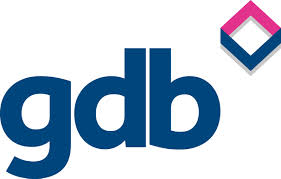Grant Thornton’s Vibrant Economy Index
Grant Thornton’s Vibrant Economy Index
A new way to measure the success of the nation
I came across an interesting report recently from accountancy firm Grant Thornton examining the ‘Vibrant Economy’. This challenges standard thinking and says that the economy should benefit society as a whole, taking into account not only financial growth and economic return within an area, but also a wider set of characteristics.
Under six headings, they examine these characteristics:
Prosperity - An economy that produces wealth and creates jobs.
Dynamism and opportunity – The economy is entrepreneurial and innovative, with a skills set that can drive future growth.
Inclusion and equality - Everyone benefits from economic growth; the gap between richest and poorest narrows, regional disparities reduce, and there are opportunities for all.
Health, well-being and happiness - People are healthy and active, leading fulfilling lives which provide individual prospects.
Resilience and sustainability – The economy has a neutral impact on the natural environment, and built environments are resilient...


